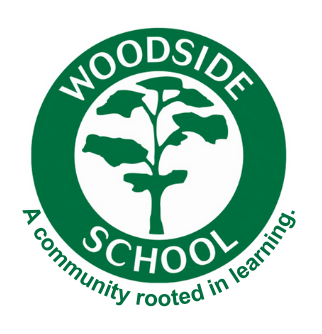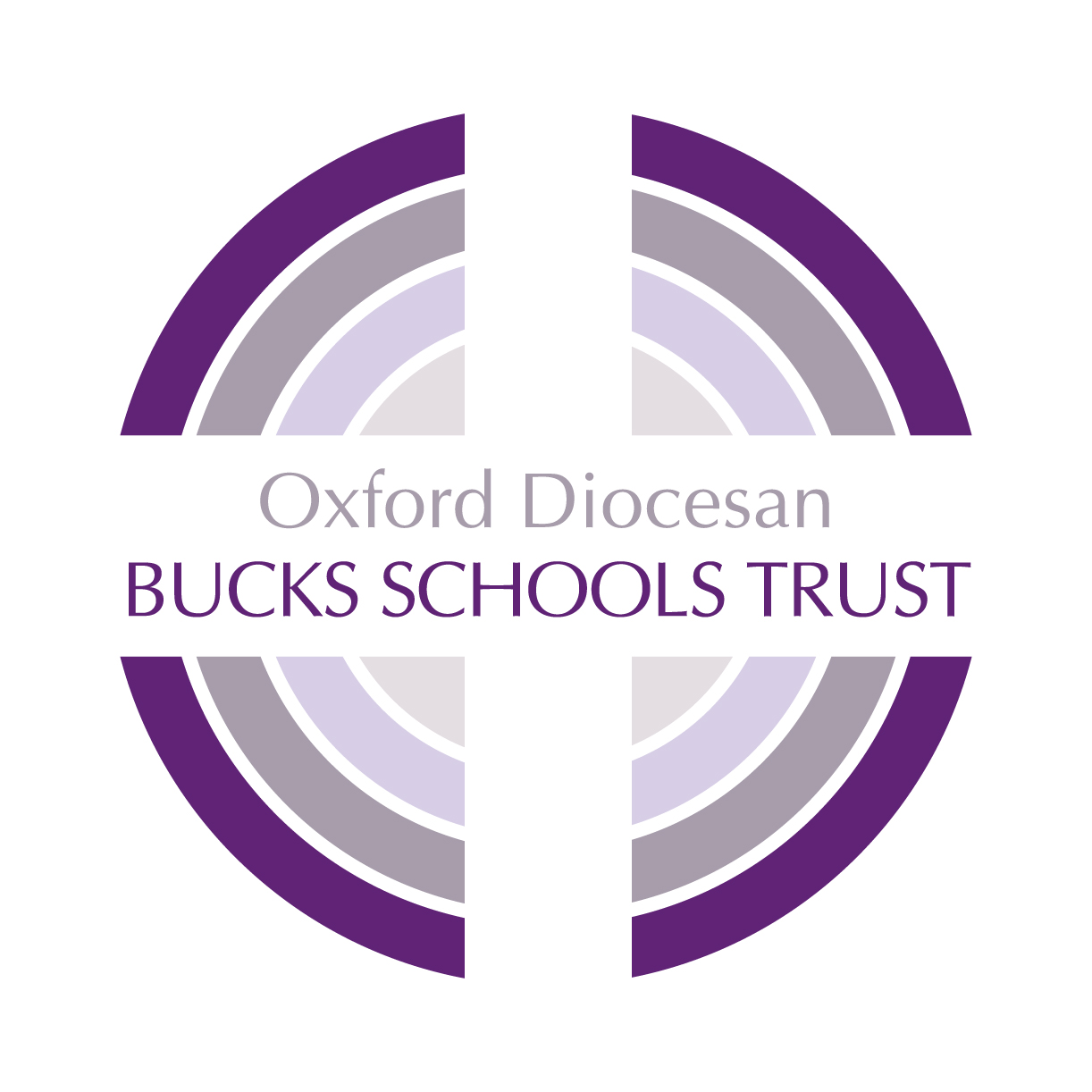French
Intent
Language allows us to communicate and connect with others. We recognise that learning a language equips our pupils with knowledge and cultural capital for successes in life. Learning a foreign language enables pupils to gain a new perspective on the world and encourages them to understand their own cultures and those of others around them. It helps them to understand and appreciate cultural difference and as a consequence helps them to become tolerant global citizens. At Woodside Junior School, we value the languages spoken by our community, with some twenty different languages spoken. Since 2014 it has been a statutory requirement to teach a language in primary schools from the age of seven –any modern or ancient language can be taught. Our intent is that over time all pupils will develop a genuine interest and positive curiosity about foreign languages, finding them enjoyable and stimulating. During the academic year, we aim to provide opportunities for our pupils to celebrate their own cultures and participate in our Diversity Day activities (summer term).
At our school the language taught to our pupils is French.
For many centuries, France was the official language of culture, scholarship, diplomacy and arts. Nowadays, French remains an official language in many international institutions such as, United Nations, European Union as well as Olympics Committee. French is a beautiful language, and currently it is one of the fastest growing languages in the world. The latest projection is that French will be spoken by 750 million people by 2050. A study suggests that by that time, French could be the most-spoken language in the world, ahead of English and even Mandarin.
Our French curriculum aims to embed the listening, speaking, reading and writing skills necessary to empower our pupils to use and apply their French learning in a variety of contexts, and lay the foundations for future language learning. We aim to enable our pupils to develop their understanding of language in terms of progression of vocabulary, phonics and grammar. At Woodside, French is taught with a wide range of topics covered through the RIGOLO Scheme. The scheme supports the requirements of the National Curriculum in England: Languages Programme of Study at Key Stage 2. Pupils are given the opportunity to read, write, speak and listen in French, through interactive games, role play, stories, and songs. The curriculum has been carefully sequenced so that vocabulary, grammatical structures and phonology is revisited and built upon each year to ensure a progression of knowledge and skills.
Our French curriculum teaches fundamental conversational French vocabulary and phrases, which allows all learners to access the learning. In addition to this, pupils with SEND are supported appropriately and scaffolding is in place to allow them to access the same learning. We aim to provide a variety teaching methods to ensure inclusivity. These may include a mixture of teacher led, group or individual activities, access to computer based activities and dictionaries. Our pupils, with well-developed linguistic skills, develop their conversational French vocabulary and prepare themselves for further language education at KS3 and beyond.
The aims of teaching French at Woodside School are to:
- Foster an interest in language learning by introducing children to other languages in a way that is enjoyable and accessible to all pupils.
- Stimulate and encourage children’s curiosity about language and creativity in experimenting with it, and recognising links to the spelling strands and linguistic links to other languages.
- Support literacy, and in particular, develop speaking and listening skills.
- Help to develop an awareness of cultural similarities and differences.
- Lay the foundations for future language study by pupils.
Implementation
At Woodside, we use the Rigolo Scheme, as it correlates to the KS2 Programme of Study for the National Curriculum. Our curriculum is progressively designed to develop children’s skills in language acquisition, and it ensures that language learning is intentional and explicit.
Each lesson begins with retrieval practice to recap relevant and recent learning. All lessons are placed in the context of the ‘Big Picture’ of both the current unit and prior/ future units so that pupils have an understanding of what their new learning is building on and where it is progressing. Pupils will continuously build on their previous knowledge, as they progress in their foreign language journey through our school, with opportunities for language to be revised, recalled and consolidated whenever possible and appropriate. This allows our pupils an opportunity to practise their language knowledge in a variety of ways.
Speaking and listening activities are built into every lesson to promote language fluency and written work is recorded in a number of ways (labelling, comic strips, longer writing for example). More able pupils are identified and teachers ensure that learning challenges for all learners.
|
National Curriculum content |
How this is implemented at Woodside |
|
Listen attentively to spoken language and show understanding by joining in and responding. |
Animated stories within Rigolo with audio and text captions introduce the new language of the unit. A variety of aural activities, call and answer exercises and oral repetition are then led by the class teacher, in order to practise and reinforce new words and phrases |
|
Explore the patterns and sounds of language through songs and rhymes and link the spelling, sound and meaning of words. |
Spell, Sound and Word tools within Rigolo allow children to focus on particular areas of language learning. Oral exercises which involve lots of repetition |
|
Engage in conversations; ask and answer questions; express opinions and respond to those of others; seek clarification and help |
Group and whole class activities |
|
Speak in sentences, using familiar vocabulary, phrases and basic language structures. |
Oral and group activities which are provided through differentiated worksheets, enabling children to become proficient at the target language being explored. |
|
Develop accurate pronunciation and intonation so that others understand when they are reading aloud or using familiar words and phrases.
|
Rigolo scheme has a native French speaker and provides invaluable support for demonstrating new language with correct pronunciation.
|
|
Present ideas and information orally to a range of audiences. Read carefully and show understanding of words, phrases and simple writing.
|
Interactive presentations and games help children learn new language and vocabulary in a fun, interactive way. Use of worksheets and assessment provide opportunities to embed simple phrases and words in written format |
|
Broaden their vocabulary and develop their ability to understand new words that are introduced into familiar written material.
|
We develop the children’s vocabulary with a framework of themed units, progressing in difficulty. |
|
Write phrases from memory, and adapt these to create new sentences, to express ideas clearly.
|
A range of written and spoken activities are used to promote and embed the target language. |
|
Understand basic grammar appropriate to the language being studied.
|
Spell, Sound and Word tools within Rigolo allow children to focus on particular areas of language learning for example an understanding of the placement of adjectives used in French. |
Impact
Our French scheme of work ensures that children are exposed to language learning at least every week. Assessment opportunities are provided through the Rigolo assessment sheets, quizzes and games. These ensure that children will be able to recognise and apply key vocabulary within conversations and will be challenged in a range of speaking and listening, reading and writing activities. This enables teachers to measure the impact of their teaching and identify next steps in learning.
Our MFL curriculum ensures all pupils develop key language learning skills as set out by the National Curriculum, as well as a love of languages and learning about other cultures.
These are as follows:
- Understand and respond to spoken and written language from a variety of authentic sources
- Speak with increasing confidence, fluency and spontaneity, finding ways of communicating what they want to say, including through discussion and asking questions, and continually improving the accuracy of their pronunciation and intonation
- Can write at varying length, for different purposes and audiences, using the variety of grammatical structures that they have learnt
- Discover and develop an appreciation of a range of writing in the language studied
The MFL subject leader will monitor the impact MFL teaching is having on the children’s learning, through work scrutiny and pupils’ voice to ensure the progress of knowledge and skills is being taught. They will also ensure the knowledge taught is retained by the children and continually revisited and that the learners are able to apply the skills they have been taught to a variety of different settings, showing independence with their learning.

